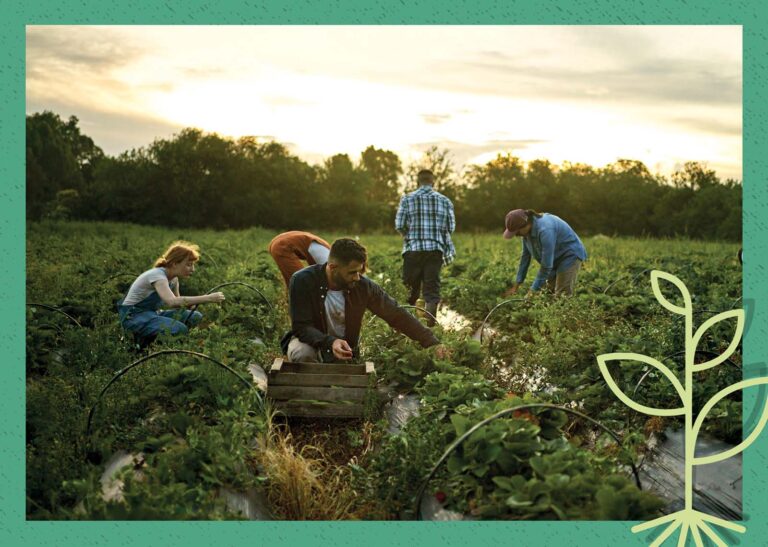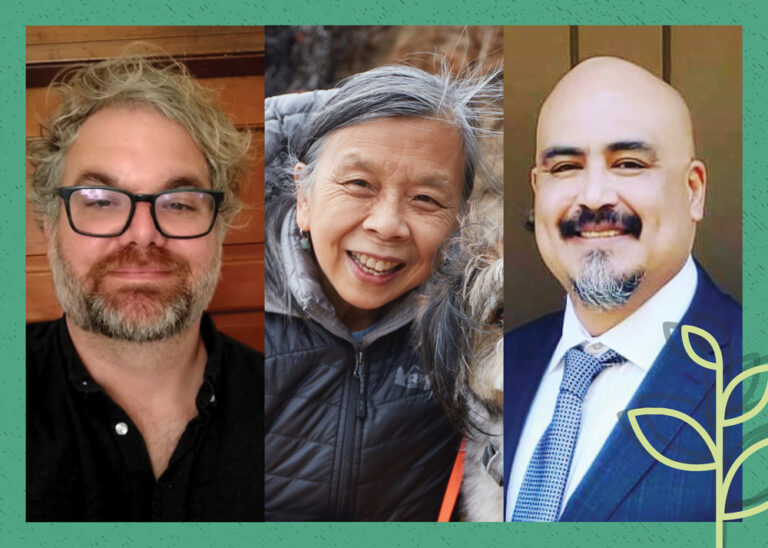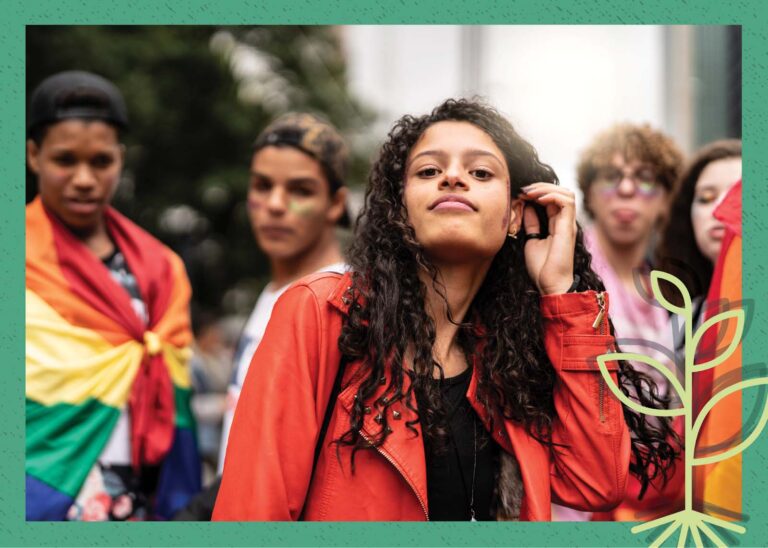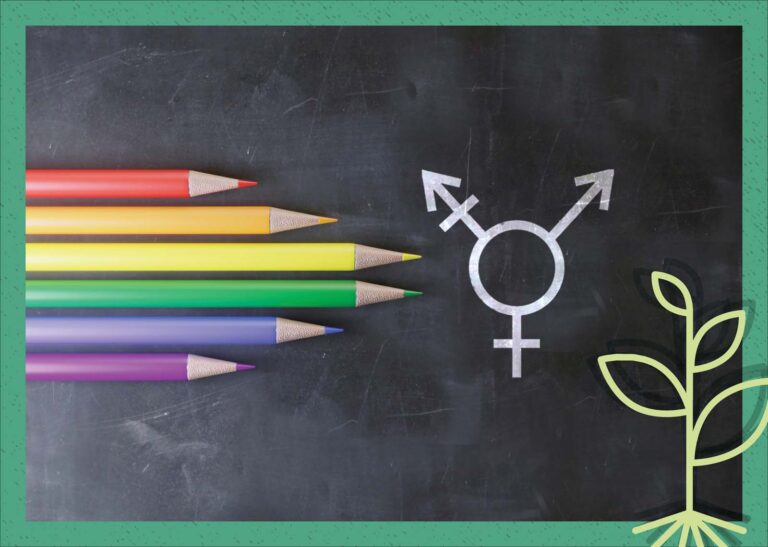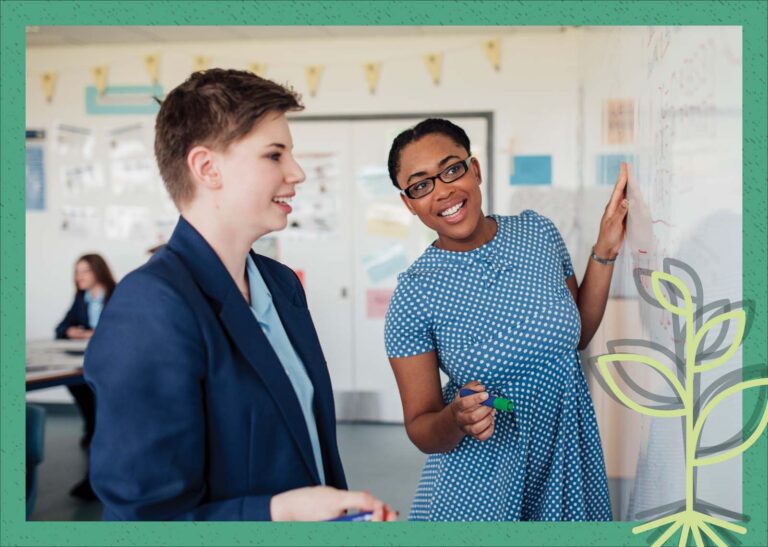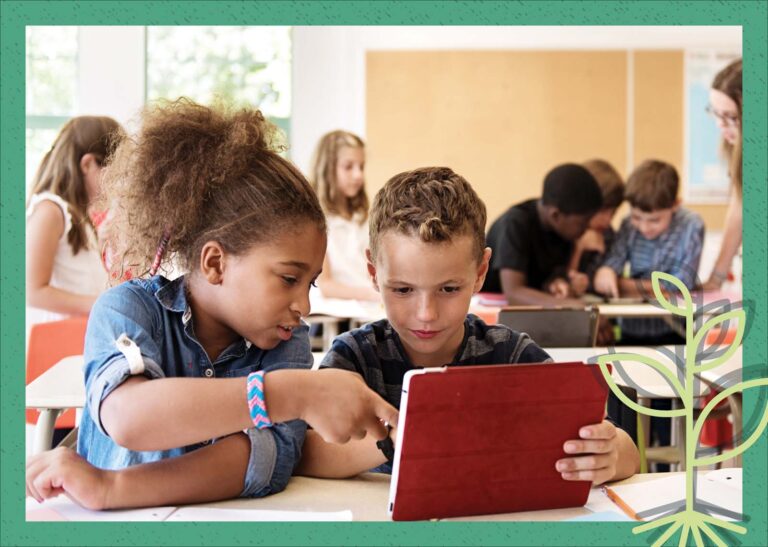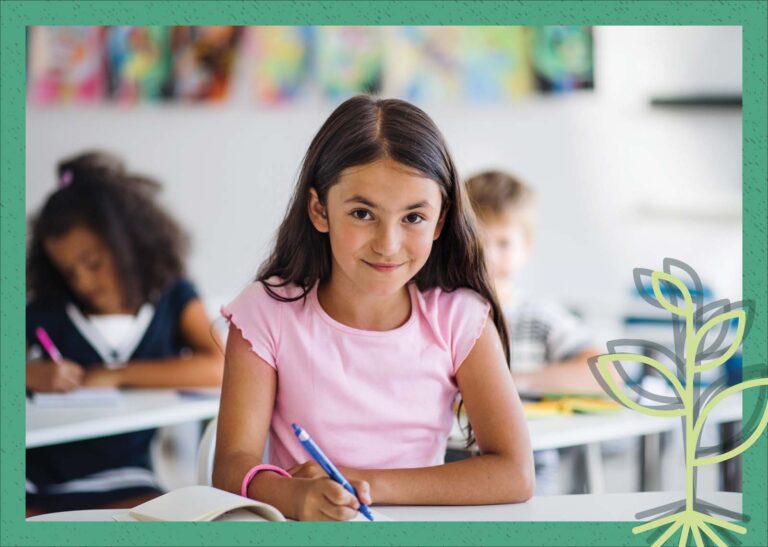Activist and educator Jane Paul thinks an economy that works for everyone is not only possible but achievable, through creative solutions that we can implement starting today.
S4E6: Alum Panel: The Intersection of Activism and Career
So many of us seek to meaningfully improve our communities and world—but it’s not always clear how we can combine that work with our careers. Seeking answers, we talked to three Antioch alumni who have grappled with this question in their own lives and work.
S4E5: Affirming LGBTQIA+ Youth is Imperative—And Sometimes a Challenge
It’s vital that communities support LGBTQ youth—but for clinical psychologists seeking to provide affirming care, this treatment can be a minefield.
S4E4: Health Psychology Fosters Wellness for the Body and Mind
Health Psychology is a way of looking at wellness in a whole new way that involves fulfilling the needs of both the mind and body.
S4E3: Understanding and Treating Addiction on a Societal and Individual Level
Addiction is widespread in our society, yet there is still so much stigma about the disease and treatment.
S4E2: Using Somatic Therapy to Understand the Trauma in Our Bodies
When we experience trauma, it affects our minds and bodies in ways we may not even be aware of.
S4E1: Antioch and Otterbein Leaders Discuss First of its Kind National University System
This is the first episode of Season Four of the Seed Field Podcast! To start a great season, we are bringing you a very special conversation with two leaders in higher education: Antioch University’s Chancellor Bill Groves and the President of Otterbein University, John Comerford.
Big Idea: Redefining Literacy
We’re getting ready to launch Season Four of the Seed Field Podcast and we’re putting together two mini-episodes that revisit interviews from Season Three and pull out the themes that consistently run through them. If there’s hope in anything, there is hope in children as educators. As our school systems focus on producing certain test scores, checking boxes, and sometimes treating students as products rather than people, we have education experts like the three guests from this mini-series on “literacy” who challenge teachers to take an individualized approach, to meet students where they are, and encourage their curiosity.
Big Idea: Destigmatizing Sex
We’re getting ready to launch Season Four of the Seed Field Podcast and we’re putting together two mini-episodes that revisit interviews from Season Three and pull out the themes that consistently run through them. When discussing sexuality, sex therapy, and sex education there is the only thing we can count on- variation. When we allow individuals to know that variation is the only “normative” part of sexuality, then we get to live with less shame and more joy.
S3E10: Developing Math and Science Literacy Means Moving Beyond the “Right” Answer
When using the “Scientific Method,” we ask questions, observe the world, and interpret what we find. Sometimes this leads us to change our initial ideas—but no matter what, we lead with curiosity. So why is it that science education today so often focuses on memorizing facts and solving tidy problems with right and wrong answers? In this interview with Dr. Gopal Krishnamurthy we ask these questions. Topics covered include foul-smelling childhood experiments, an engagement with non-standard mathematical notation, and the ways that today, “despite the best efforts of our teachers, learning is critically endangered.”
S3E9: To Grow Emotional Literacy, a Classroom Must Become a Community
Students learn more than reading, writing, and arithmetic in school, classrooms are also where students practice their social and emotional skills. But how can teachers support a sudent’s growth in these areas, and should this be treated as equally important as more test-able skills? To find out, we talked with Laura Thomas, an expert on collaborative learning communities who has served for 20 years in the education department at Antioch New England. In this conversation, Laura discusses how we should understand emotional intelligence, the importance of cultural respect, and current attacks on public education.
S3E8: Expanding Our Definition of Literacy is Necessary for Justice
Words are how we tell our stories, form our identities, and advocate for ourselves within society. But are schools doing a good job preparing students to be confident, empowered writers? In this interview with the literacy expert Heather Hebard, she discusses how writing education and literacy education are unequally distributed across our nation’s schools, and she challenges our understanding of what counts as literacy. Join us in this conversation to learn about the unequal ways that different kinds of literacy are accorded power in our society, and what we can do to change that.





